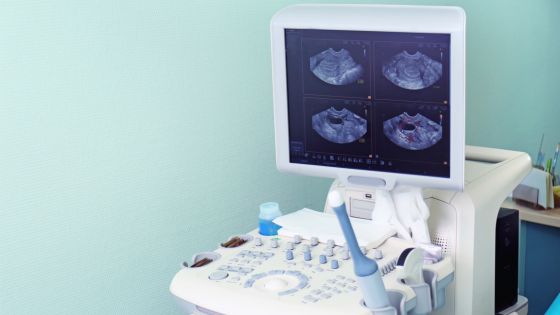Ultrasound technology has revolutionized medical diagnostics and imaging, providing healthcare professionals with a non-invasive and real-time visualization of internal structures in the human body. To effectively utilize this powerful tool, medical professionals undergo specialized training through ultrasound courses. These courses offer comprehensive education and practical skills necessary for various medical applications. In this essay, we will explore the diverse uses of ultrasound courses and how they contribute to improved patient care. Ultrasound courses serve as a fundamental foundation for aspiring sonographers and radiologists. These courses cover topics such as anatomy, physiology, ultrasound physics, and imaging techniques. By delving into the theoretical aspects of ultrasound technology, students gain a comprehensive understanding of the principles and limitations of this imaging modality. One of the primary applications of ultrasound courses is in obstetrics and gynecology. Obstetric ultrasound has become an essential component of prenatal care, allowing healthcare professionals to monitor the development and well-being of the fetus. Ultrasound courses equip practitioners with the skills to accurately identify fetal growth, detect abnormalities, and assess the placenta and amniotic fluid levels. This aids in early detection of potential complications and enables timely interventions.


In addition to obstetrics, MSK Ultrasound courses play a pivotal role in the field of cardiology. Echocardiography, a technique that uses ultrasound waves to create images of the heart, provides valuable insights into cardiac structure and function. Through specialized ultrasound courses, cardiologists learn how to interpret these images, identify abnormalities such as valve defects or wall motion abnormalities, and assess overall cardiac health. This helps in diagnosing cardiovascular diseases, planning appropriate treatments, and monitoring patient progress. Musculoskeletal ultrasound is another area where ultrasound courses prove invaluable. This technique allows healthcare professionals, such as sports medicine specialists and orthopedic surgeons, to visualize tendons, ligaments, muscles, and joints in real-time. By acquiring the necessary skills through ultrasound courses, practitioners can accurately diagnose conditions like sprains, tears, and inflammations. This enables targeted treatment plans, precise injections, and facilitates post-operative assessments, leading to enhanced patient outcomes. Emergency medicine is another field that benefits from ultrasound courses. Point-of-care ultrasound (POCUS) has become an indispensable tool in emergency departments worldwide. With the ability to rapidly assess patients in critical conditions, ultrasound courses empower emergency physicians to diagnose life-threatening conditions like cardiac tamponade, pneumothorax, or intra-abdominal bleeding. POCUS aids in expedited decision-making, reduces unnecessary interventions, and improves patient triage.
Ultrasound courses also cater to various other medical specialties, including urology, gastroenterology, and vascular surgery. Urologists utilize ultrasound to evaluate the kidneys, bladder, and prostate, aiding in the diagnosis of urinary tract infections, stones, and tumors. Gastroenterologists benefit from ultrasound courses by learning how to perform endoscopic ultrasound, which assists in visualizing the gastrointestinal tract, detecting tumors, and guiding biopsies. Vascular surgeons use ultrasound to assess blood flow, diagnose peripheral artery disease, and plan interventions. Beyond clinical practice, ultrasound courses also contribute to medical research and education. Researchers rely on ultrasound to investigate new techniques, evaluate treatment outcomes, and develop innovative applications. Medical educators utilize ultrasound as a teaching tool, fostering interactive learning environments and enhancing students’ understanding of anatomical structures.
In conclusion, ultrasound courses have a wide range of applications in the field of medicine. These courses empower healthcare professionals with the knowledge and skills to utilize ultrasound technology effectively across various specialties. From obstetrics and cardiology to emergency medicine and musculoskeletal imaging, ultrasound courses play a crucial role in improving patient care, facilitating accurate diagnoses, guiding interventions, and enhancing overall healthcare outcomes. As technology continues to advance, the importance of ultrasound education and training will only grow, ensuring that medical professionals can harness the full potential of this invaluable diagnostic tool.









